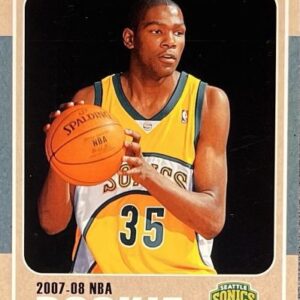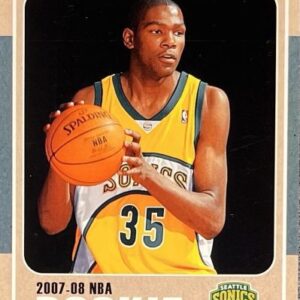In a delightful collision of culture, passion, and history, “The Diamond King,” a documentary dedicated to the iconic baseball artist Dick Perez, is now dazzling audiences on Apple TV, Prime Video, Google TV, and Kinema. Whether one is a fervent admirer of the timeless sport of baseball, an aficionado of art, or ideally both, this film promises a riveting exploration of how these spheres intertwine through Perez’s extraordinary life.
The documentary, a proud creation of The McCaw and Votiv, offers viewers a privileged glimpse into the artistic odyssey of Perez, who has immortalized baseball’s giants as the official artist for the Baseball Hall of Fame. From a quaint upbringing in Puerto Rico to the bustling, culturally rich environment of Harlem, Perez’s journey is as compelling as a ninth-inning, bases-loaded standoff. Here, the young artist’s two loves—baseball and art—merged into a singular passion that would define his career.
The narrative unfolds through the warm, engaging voice of John Ortiz, an actor celebrated for roles in “Will Trent” and “Bad Monkey,” among others. Ortiz guides the audience through an intimate collection of stories and insights, featuring interviews with Perez, his family, artistic peers, and enthusiasts who have had the pleasure of witnessing his talents firsthand. The film skillfully uncovers the layers of an artist whose brush strokes have epitomized the might and grace inherent in America’s beloved pastime.
Perez’s ascent in the art world began in a rather serendipitous fashion in the 1980s when he teamed up with Donruss, a baseball card company that was ready to revolutionize the hobby. Perez’s innovation—the “Diamond Kings” series—delivered more than trading cards; they were miniature masterpieces, pushing the envelope of collectibles into the echelons of fine art. His work didn’t just capture athletes; it transcended their public personas to reveal the humanity and the dreams nestled beneath their uniforms.
Bridging the gap between realism and an evocative portrayal of his subjects, Perez’s style is uniquely his own. In each canvas, the pride of baseball’s heritage is overflowingly palpable, allowing a lens into a world where statistics are eclipsed by story. “The Diamond King” invites viewers into this vibrant tapestry, where the field isn’t just a setting, but a place of shaping legacies and dreams.
Famed baseball writer Steve Kopian of Unseen Films heralds this documentary with lavish praise, noting its potential eternal presence on platforms dedicated to the sport. “This film is so good,” Kopian remarks, “that I suspect it will end up on endless repeat on the MLB channel for years to come,” underlining its status as a new classic in the cinematic canon of baseball.
For those teetering on the edge of curiosity, the film’s trailer is a tantalizing appetizer, offering a glimpse into the world depicted therein. Those who wish to fully immerse themselves can effortlessly access The Diamond King Movie website, where they can rent or buy the documentary, alongside browsing a veritable treasure trove of exclusive prints, posters, and cards drawn from Perez’s illustrious collection.
The documentary emerges under the deft directorial eye of Marq Evans, who continues to build on The McCaw’s legacy of evocative and visually stimulating storytelling. Their previous oeuvre includes compelling works like “Claydream” (2022), chronicling the life of Claymation visionary Will Vinton, and “The Glamour & The Squalor” (2016), detailing the influential Seattle radio DJ Marco Collins’ journey. Both films showcase the team’s aptitude for uncovering fascinating stories in unexpected locales, a tradition aptly continued with “The Diamond King.”
For lifelong admirers of baseball or those who find themselves captivated by the crossroads of sports and art, “The Diamond King” offers a viewing experience that is both enriching and enamoring. It is a reminder of the countless narratives waiting to be painted, not only in the confines of a stadium but also through the meticulous craftsmanship of those, like Perez, who live to document them. In tapping into Perez’s poignant vision of baseball history, the documentary doesn’t merely tell a story; it paints it, frame by frame, corner to corner, holding us all in its spell.






